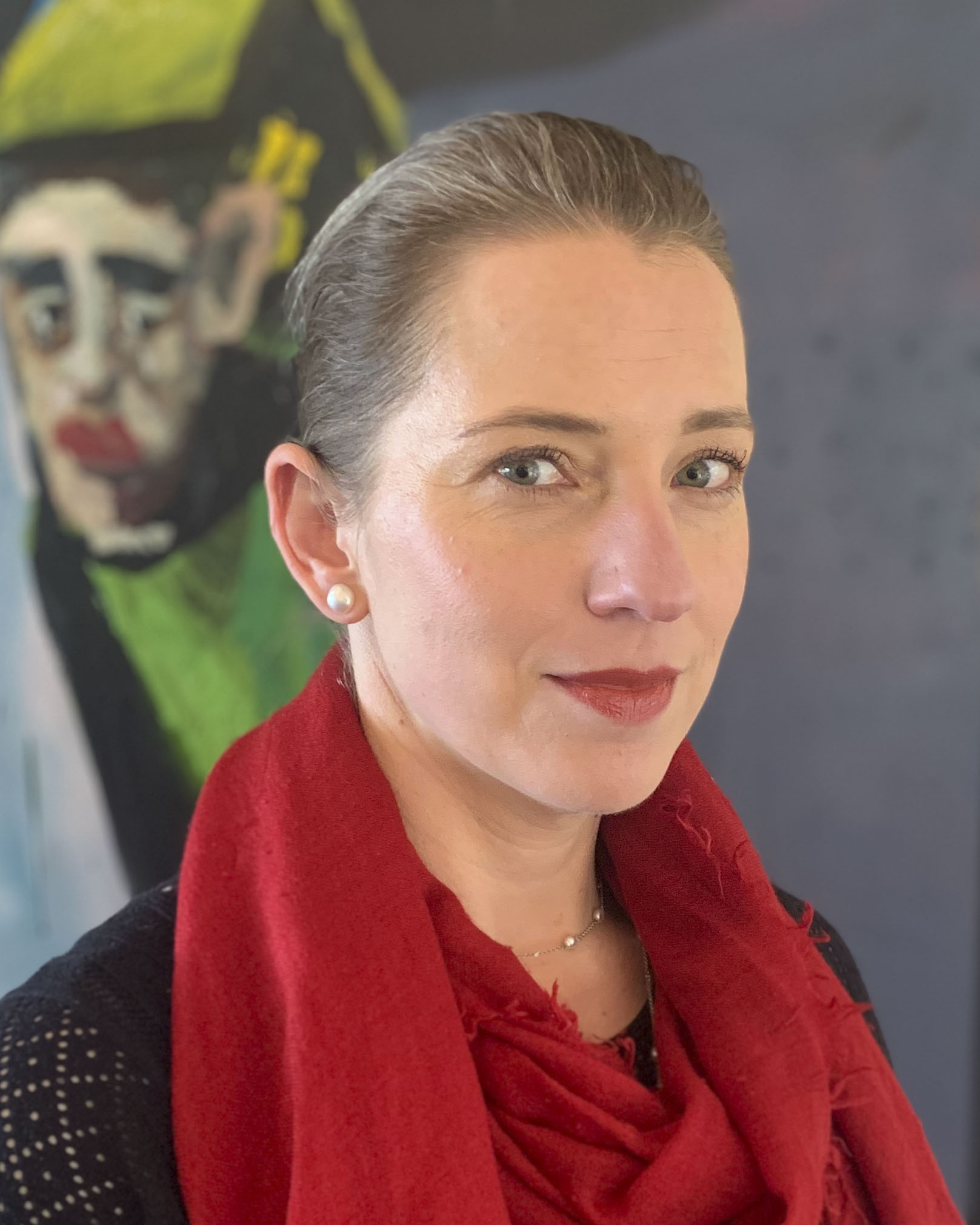Keynote Lecture
Ina Bornkessel-Schlesewsky
 Variability in predictive language processing
Variability in predictive language processing
Friday, October 7, 2022, 4:15 - 5:15 pm EDT, Regency Ballroom
Chair: Liina Pylkkänen, New York University
Speaker: Ina Bornkessel-Schlesewsky, University of South Australia
Since the inception of the Society for the Neurobiology of Language, the field has made substantial progress in increasing our understanding of how the brain implements language. Applying neurobiological levels of explanation continues to be particularly challenging, however, for higher-order language processing at the level of sentences and above. In this presentation, I will argue that focusing on the variability of language comprehension can provide fruitful insights into the neurobiology of (higher-order) language. To this end, I will discuss variability between different languages, between individuals and across the adult lifespan. The discussion will be couched within an active inference framework, which assumes that the human brain actively generates explanations for its sensory input and strives to minimise the surprise associated with sensory observations. This is accomplished by combining (top-down) predictions generated by an internal model of the world with incoming (bottom-up) sensory input and updating the model in the case of a prediction error. I will show how variability in sentence comprehension arises through shifts in the balance between top-down and bottom-up information during model updating. In addition to reflecting the varying information processing affordances of the language input, this may, in part, be linked to intrinsic differences in neural information processing.
About Ina Bornkessel-Schlesewsky
Ina Bornkessel-Schlesewsky is Professor of Cognitive Neuroscience at the University of South Australia (UniSA) and Head of the Cognitive Neuroscience Laboratory within the Australian Research Centre for Interactive and Virtual Environments (IVE). Professor Bornkessel-Schlesewsky joined UniSA in 2014 from the University of Marburg, Germany. Prior to her appointment as Professor of Neurolinguistics in Marburg, she headed the Max Planck Research Group “Neurotypology” at the Max Planck Institute for Human Cognitive and Brain Sciences in Leipzig, Germany. In her work, Professor Bornkessel-Schlesewsky has long championed the perspective that, in order to truly understand how the human brain processes language, we need to take into account the full diversity of the world’s 7000 languages. Further research interests include inter-individual differences in language processing and human information processing in complex and dynamic environments. Professor Bornkessel-Schlesewsky is a former recipient of an Australian Research Council Future Fellowship and of the Heinz Maier-Leibnitz Prize (awarded by the German Research Foundation and German Federal Ministry of Education and Research).
